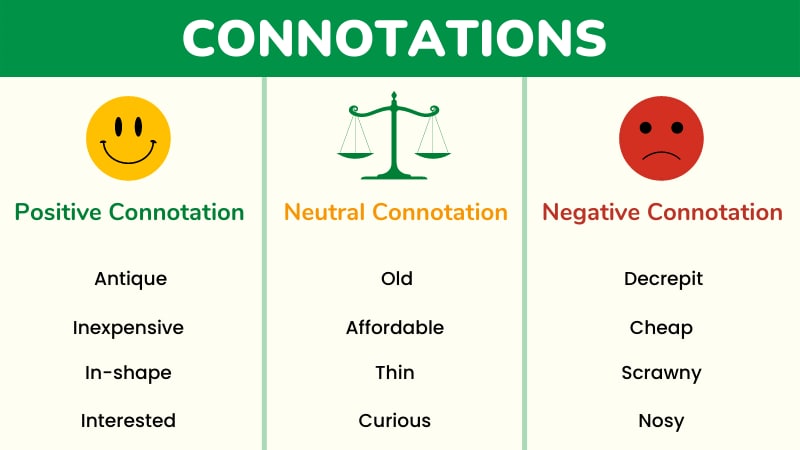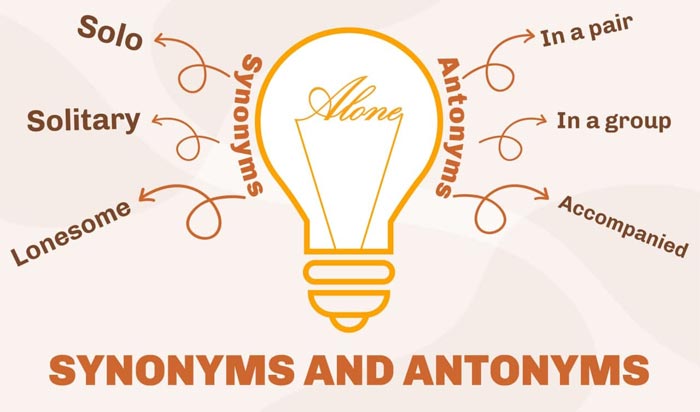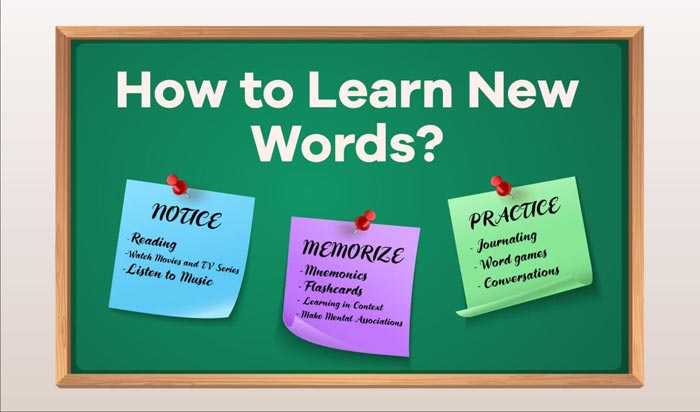Collocations: Definition and Types
Collocations are important pieces of linguistic detail when it comes to learning a new language. This article vows to dive deep into the realm of collocation starting from the very definition. Take a look at the types, examples and advantages of knowing collocations. Why do certain words collocate and why should anybody care which words they pair with? These usual questions are carefully tackled with proper examples and explanations within this article.
What is Collocation?
Collocation indicates two or more words and word clusters that tend to pop up side by side more often than it could be considered coincidental. The word, “Collocation” is made out of the prefix, “Co-” which means together, and the word, “Location” that indicates spatial position. Collocation means that the words or phrases in contention are almost always seen beside one another. When they come, they come in pairs.
There is an inherent tendency to use familiar sets of words in clusters among speakers of any language. Idioms and quotations are bigger examples of that. The words or phrases collocated beside each other have often been used exactly like that for over a number of years. It is not that changing the sequence of the words would render them unfathomable but it is just that they have been always popping up beside each other for ages. It may be a measure of one’s authority over the English language since knowing a language is about knowing how the natives use the words in the language and they know the secret code of collocation.
Why do Words Collocate?
It must be a valid question invading your head why any set of words come up together more often than others. To be perfectly honest, there is hardly any particular reason why they collocate; rather native English speakers happen to pair them up more frequently than they do other words. Corpus Linguistics is the branch of linguistics that studies a grand number of data with regards to how English speakers use the language and what words they use and how often they combine sets of words while speaking or writing. Corpus Linguistics has enabled us to determine the strong and weak collocations.
Types of Collocations
The two major types of collocations would be based on the strength of the pairs’ bond. These collocations are -
Strong Collocations
Strong collocations refer to the fact that the collocated words almost always pop up together. The strength of the words signifies how closely bound they are when it comes to being used in speech and on paper. The perk of the strong collocations is if someone replaces a portion of the pair mistakenly, chances are that native speakers will still know what they mean and the correct collocation for that. At best, the missed out opportunity to use the strong collocation will spur a nice bit of smirk on the faces of the native English speakers you are dealing with. On the other hand, it will make very little difference whether you use the collocations on-point or not while collaborating with the non-native speakers.
For example, if somebody asks to “start a light” instead of “turn the light on,” it would sound very out of place as the listeners take a few moments to determine what message is actually meant to convey but the right collocation would most certainly pop up in their head soon. That is the strength of the collocation that had continuously been used by millions for a good number of years.
Weak Collocations
In case of the weak collocations, at least one word should be easily alterable since the bond is weaker than that of strong collocations. That means the same set of words tend to be able to collocate with a few different combinations of words. Choosing weak collocations over the strong can be a good trick for the English learners since that opens up the possibility of being right and understandable most of the time. But knowing the weak collocations and being able to use them on spot would always give you some points.
For example, “in broad agreement” and “in broad daylight” would be good examples of how weak collocations work. You cannot tell what must come after “in broad…” unlike what happens in case of strong collocations.
Grammatical Collocations
There are a few more types of collocations in the English language based on their grammatical structure. A few of them are explained and exemplified below -
Verb Collocations
The verb + noun collocations are by far the most common ones in the English language. And these are used non-stop in everyday situations. Below are some of the examples of verb collocations -
- Burst into tears (crying)- She often bursts into tears.
- Lose temper (getting angry)- Let’s not lose our temper.
- Run the risk (risking)- Liars always run the risk of getting caught.
- Take a break (relaxing)- You can take a break.
- Break record (doing something better than the rest)- They broke all records.
- Give a lift (sharing one’s ride)- I decided to give my teacher a lift to school.
- Raise taxes (increasing tax rates)- The government has raised taxes on packaged food.
- Meet expectations (doing as good as anticipated)- The performance didn’t meet the expectations of the fans.
- Got divorced (breaking up a marriage) - They got divorced.
- Keep promise (doing as promised)- Sadly, I couldn’t keep my promise of being punctual.
- Caught a glimpse (seeing something very briefly)- Sharon caught a glimpse of her father.
Adjective Collocations
Adjective collocations are usually very simple since they are composed of one adjective that modifies the noun that comes after in the combination. Below are some of the examples to explain the category better -
- Deep pocket (rich)- We need deep pockets to establish this business.
- Deep sleep (hard to wake up)- He is in dire need of some deep sleep.
- Heavy drinker (who drinks a lot)- Being a heavy drinker takes a toll on the kidneys.
- High quality (great in quality)- This is high-quality
- Strong feeling (positive feeling)- I have a strong feeling about this.
- Strong opinion (hard to change opinions)- Strong opinions are not bulletproof.
Business Collocations
Collocations can be such an inadmissible part of formal collaboration. In specialized settings, collocation is the part and parcel of the daily register of the space concerned. When taken out of their conjoint placement side by side, only misunderstandings prevail. Listed below are some examples of business collocations -
- Open an account (start a collaboration)- Are you here to open an account?
- Join forces (teaming up)- Let’s join forces with the marketing team.
- Chair a meeting (presiding over a meeting)- John would chair a meeting
- Attract investors (prompting investors to invest)- We’ll have to strategize well to attract hefty investors.
- Counterfeit money (printing fake money)- Counterfeiting money is a punishable offense.
- Close a deal (sign an agreement)- Let’s close this deal right away.
Emphatic Expressions
Placing intensifiers before verbs express acute emotions. There are “intensifier + verb” expressions that have been used collocated for ages and changing the intensifiers knowingly or unknowingly would not have similar intensity or effect.
- Honestly believe (having faith)- I honestly believe your son would grow up to be a gentleman.
- Positively encourage (cheering up)- The company positively encourages punctuality and sincerity.
- Readily endorse (ready to stand up for)- We will readily endorse peace at all times.
- Sincerely hope (strong expectation)- She sincerely hopes to get selected.
- Strongly recommend (big push)- I strongly recommend choosing this neighborhood.
- Totally reject (dismiss)- The client totally rejected our innovative take on the project.
- Utterly refuse (sincere denial)- I utterly refuse to fall for this trap.
Why Learn Collocations?
Learning collocations in any language would give you an opportunity to use the language in a similar manner as the native speakers do. It proves as a marker of how well you speak or practice a certain language. Using the collocations when necessary and with the utmost expertise would allow you into the fluent English speakers’ club. Since the learners of the English language wish to speak the language as fluent as the native speakers, they make an effort to internalize the word combinations and strong collocations. Though the native English speakers may naturally adopt them, the learners of the language must learn them one by one.
How to Learn and Practice Collocations?
Many educators may choose to put together long lists of collocations for their students so that they can teach them in bunches while keeping track of what they are learning and how. But the foolproof option to learn and practice collocation can be collocation dictionaries available in the market. Collocations dictionaries are not the same as ordinary dictionaries. When ordinary dictionaries focus on providing accurate explanations to the words or terms listed, collocation dictionaries take the responsibility to provide the set of commonly used collocations that go with the keywords to make a great range of collocations. These collocation dictionaries can be the language learners’ best friends.
The collocations are often internalized simultaneously but a little effort can make the words stick at least two times longer. People may downplay the importance of learning and practicing collocations but it is monumentally important to take English language learning to the next level. Knowing about collocations and their importance should do a world of good to your language learning endeavors.
Grammar
Read More
- How to Use "Therefore" in Sentences Avoiding Common Mistakes
- How to Use "Whereas" with Examples and Avoid Common Mistakes
- When and How to Use "Thus" Correctly Without Common Mistakes
- How to Use "On the Contrary" Properly with Meaning and Examples
- When and How to Use "Either/Or" with Examples and Common Mistakes to Avoid
- How to Use "On the Other Hand" Effectively without Mistakes
- How to Use "Respectively" with Example and Common Errors to Avoid
- How and When to Use "Moreover" Without Mistakes
- How to Use "Likewise" in Sentences Based on Context & When not to Use
- When & How to Use "Although" in Sentences to Avoid Mistake




